I have a problem with Java because I have a file with ASCII encoding and when I pass that value to the output file it changes special characters that I need to keep:
The code I use to read an ASCII file and pass it to a string that has a length of 7000 and the problem with that file where it reaches the special characters that within the frame or string that is the position 486 to 498 the FileRender does not bring the special characters correctly changes them for others and does not keep them (as I understand it is a binary):
fr = new FileReader(sourceFile);
//BufferedReader br = new BufferedReader(fr);
BufferedReader br = new BufferedReader(
new InputStreamReader(new FileInputStream(sourceFile), "UTF-8"));
String asciiString;
asciiString = br.readLine();
Edit:
I am doing a conversion from ASCII to EBCDIC. I am using CharFormatConverter.java
I really don't understand why the special characters are lost and not maintained. I found the UTF-8 code in another forum, but characters are still lost. Read file utf-8
Edit:
I was thinking about using FileReader for the ASCII data and FileInputStream to get the binary (but I can't figure out how to get it out with respect to the positions) that is in the ASCII file and thus have the two formats separated and then merge them after the conversion.
Regards.

